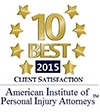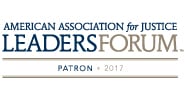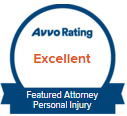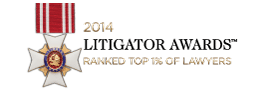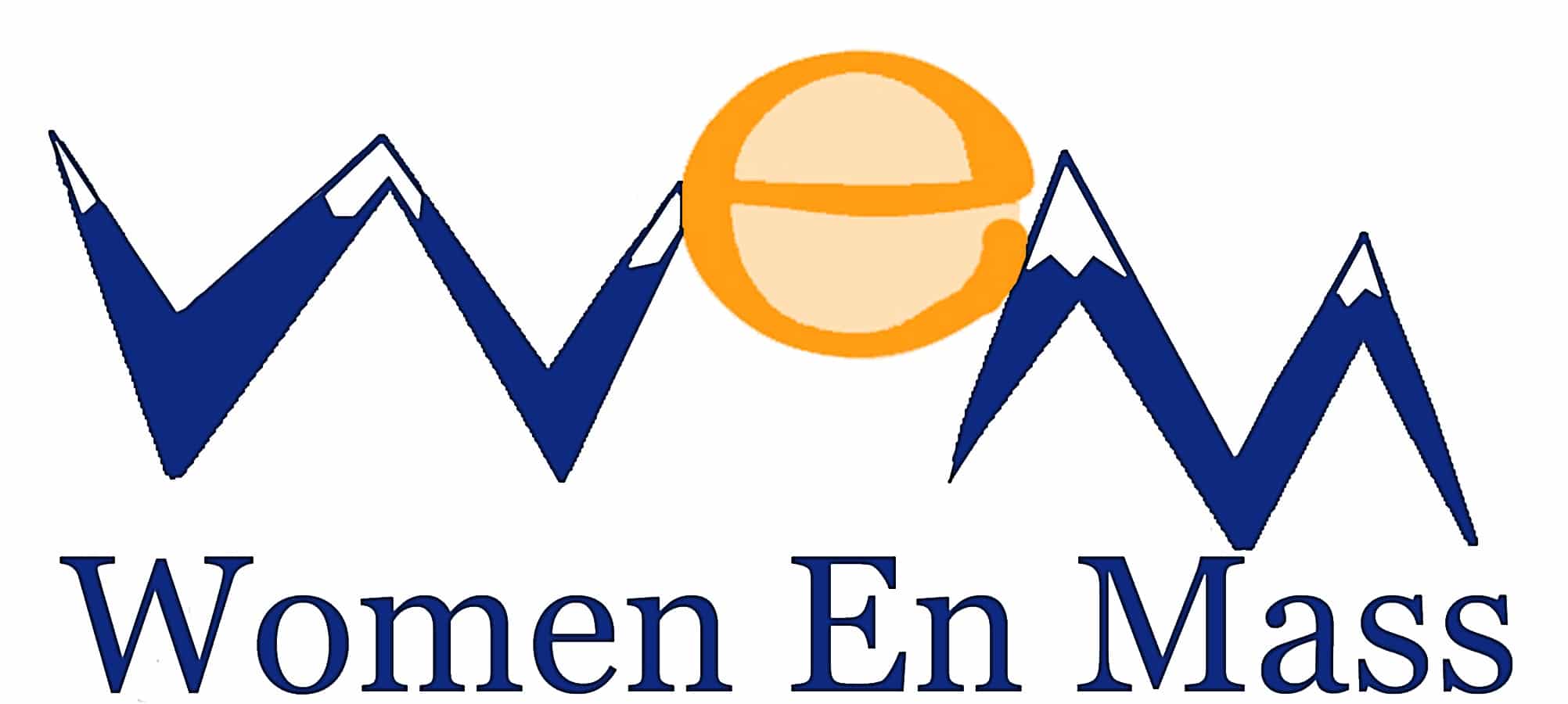$3 billion: that’s how much GlaxoSmithKline agreed to pay the U.S. Department of Justice in 2012 to settle civil and criminal charges related to its misbranding of the drugs Paxil and Wellbutrin and its failure to disclose safety information about the diabetes drug Avandia.
Although the $3 billion fine was the largest fine ever levied against a drug company, it was a mere drop in the bucket for GSK, accounting for less than 11% of its associated revenue for the year, according to the Economist. And during the years that Glaxo illegally marketed antidepressants to kids under 18, the company reportedly raked in $27.5 billion, says the Christian Science Monitor.
The GSK settlement was large, but hardly unusual. As ProPublica reports, over the last few years alone pharmaceutical companies have paid the Justice Department more than $13 billion to settle allegations of illegal marketing practices. Many of these same companies have also paid millions and billions of dollars to settle lawsuits brought by patients who were injured and killed by drugs that include the painkiller Vioxx, which led to a $4.85 billion settlement with the drugmaker Merck in 2010.
To most companies, such sums would prove to be disastrous, if not fatal. To Big Pharma, they’re the cost of doing business.
Whether or not that business is good for patients or even legal are certainly debatable. But what’s beyond debate is that illegitimate practices, from misbranding to illegal promotion to doctor bribes to preventing lower-cost generics from making it to market, are highly profitable for the pharmaceutical industry.
According to BBC News, in 2013 pharmaceutical companies enjoyed higher average profit margins than carmakers, oil and gas companies and media companies. Only banks had a profit margin comparable to Big Pharma, but Pfizer’s 42% profit margin blew every other company out of the water, prompting even a member of its own industry to say, “I wouldn’t be able to justify [those types of margins].”
In 2013, five pharmaceutical companies exceeded 20% profit margins: Pfizer, Hoffman-LaRoche, AbbVie, GSK and Eli Lilly.
These companies argue that the high costs of their drugs are due to the amounts they pay for research and development and the relatively short patent life (the time before generic versions of the same drugs can be sold) of their products, but many companies spend twice as much on marketing as they do on R&D, while development costs of a blockbuster drug can easily be recouped by a few months of strong sales.
None of this is to say that drug companies don’t make important medicines that improve wellbeing and save lives. But it’s difficult for these companies to argue that they put patients ahead of profits.
Consider the cost of cancer drugs, which can cost $100,000 or more for just a single year of treatment. As Dr. Brian Druker of the Knight Cancer Institute said, “If you are making $3bn a year on [cancer drug] Gleevec, could you get by with $2bn? When do you cross the line from essential profits to profiteering?”
Drug company profiteering is also on display when it comes to off-label prescriptions, which according to Forbes accounts for nearly 20 percent of all prescriptions and brings in $40 billion in sales annually. Surely, these companies would remain enormously profitable by simply sticking to FDA-approved uses for their drugs.
Going down the list of Big Pharma fraudulent practices that have prompted steep Justice Department fines—a list that includes false claims to government health care programs, “intent to defraud or mislead,” and failure to report safety data—it becomes clear that the industry’s huge profit margins directly correlate with its unsavory business practices.
All too often, these practices wind up causing harm to the patients who rely on these drugs and put their trust in companies like GSK, Merck and Johnson & Johnson.
In addition to paying federal fines, drug companies that do wrong can be made to pay lawsuit damages to the people they harm.
To learn more about dangerous drug lawsuits and how you can hold Big Pharma accountable, please contact the Denver/national mass tort attorneys at Andrus Wagstaff for a free case review.








